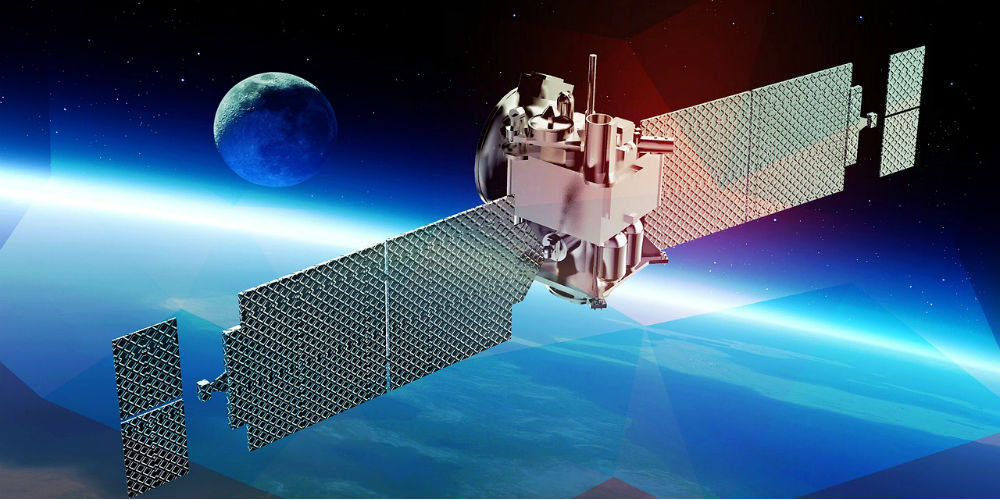SpaceX received permission to deploy satellite network of 11,143 satellites

On Habré several times published articles on satellite networks of the present and the future. One of the most promising projects of this kind - Starlink from SpaceX. Initially, it provided for the launch of approximately 4,000 satellites that could provide reliable wireless coverage of most regions of the Earth, including the most difficult to reach.
But almost immediately after the announcement of plans to create a Starlink network, Ilon Musk announced that the company plans to expand the network by launching another 7,000 satellites in orbit in addition to the 4,000 provided for by the initial plan. The other day, the FCC, the American regulator, approved a plan for deploying an expanded network.
SpaceX offers to launch additional satellites in approximately the same orbit as those previously planned. The height of the orbit ranges from 335 km to 346 km. The spectrum of frequencies that the network will work with is 37.5 and 42 GHz for transmitting data from space to Earth and from 47.2 to 51.4 GHz for reverse exchange.
According to representatives of the FCC, the SpaceX project is the best way to serve society. “After a careful study of the project, we decided that the SpaceX project would serve the public,” said one of the representatives of the regulator.
In addition, the regulator has approved the deployment of satellite networks planned for implementation by companies such as Kepler Communications, Telesat Canada, and LeoSat. The number of satellites scheduled for launch by these companies is quite small (compared to SpaceX). For these companies, these are 140, 117 and 78 satellites, respectively. Unlike the Mask project, all these companies will work mainly with foreign partners.
It is worth recalling that the SpaceX satellites, originally planned for launch, should be placed at altitudes from 1110 to 1325 km. This is far below the orbits of most other communications satellites. Since the distance to the surface of the Earth is small, Ilon Mask claims that this will help to ensure a low signal transmission delay, the latency rate will not exceed 25 ms - approximately the same performance for most modern fiber-optic networks.
The FCC has demanded about half the planned number of satellites for six years. The whole grouping should be deployed and run for 9 years. As for the additional seven thousand systems, SpaceX representatives asked the FCC to give the opportunity to implement the project within six months - but not all devices will go to the course, but only 1600. In this, the FCC did not support the company.
So now SpaceX is obliged to deploy 7,500 satellites within six years. According to the regulator, the company Ilona Mask in the future may change both the volume and parameters of the order, but obviously not now. By the way, the FCC supports the idea of providing ships, aircraft and other vehicles with satellite Internet.
According to representatives of the commission, the approval of the project allows SpaceX to provide high-speed Internet as users in the United States and around the world. At the moment, there are still many places on Earth where there is no Internet at all, even slow. SpaceX will solve the problem.
True, there is one caveat: experts believe that sending such a huge number of satellites into Earth orbit will inevitably add debris in orbit. Now the FCC is actively working on this issue, connecting third-party specialists and companies to its solution. As for the company SpaceX, it declared its readiness to deal with garbage in space, but the regulator needs not words, but evidence.
The company Ilona Mask previously statedThat, for solving problems, each satellite will have its own orbit, which will not pass through the orbits of other spacecraft. “Each our system will be at its own height so that we are sure that the satellites will not be able to be in the same place at the same time,” a representative of another organization, which plans to implement satellite internet project.
SpaceX's closest competitor is One Web. She signed a contract with Roscosmos to put a number of satellites into Earth’s orbit, but now this contract is under threat, as satellite networks are viewed by the FSB as a threat to national security.
